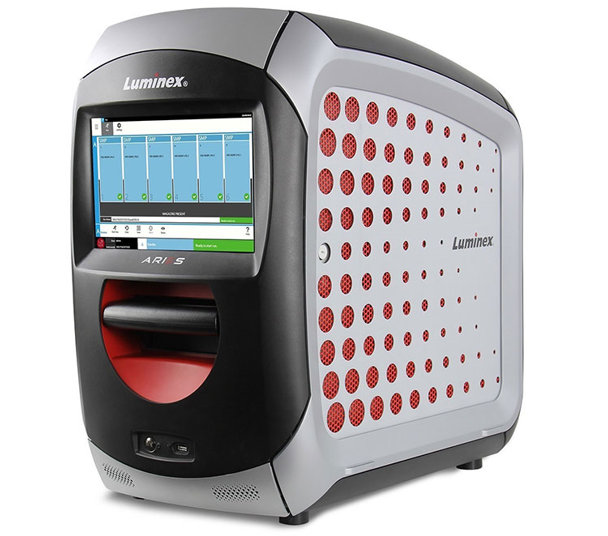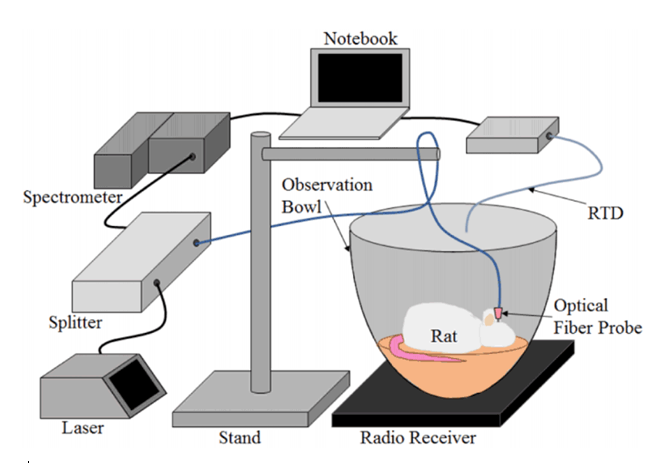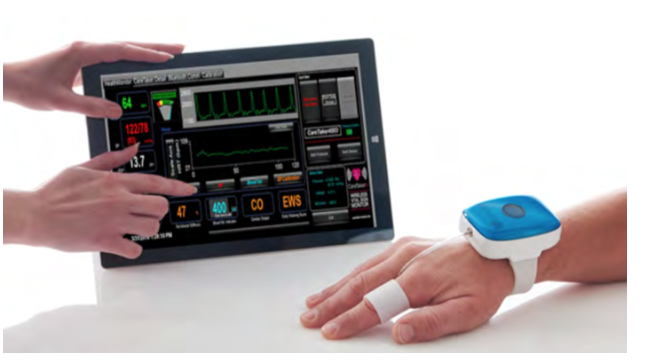Microfluidic Chips Made of Silk Replicate Human Tissues for Drug Testing, Implantable Applications
At the National Institute of Biomedical Imaging and Bioengineering (NIBIB) and Tufts University a team has developed a microfluidic chip that mimics human tissue for use in drug testing applications. The chip is based on a silk gel that overcomes the limitations of polydimethylsiloxane (PDMS), a silicon material widely used to host living cells within microfluidic devices. As an example, PDMS has problems handling lipids, absorbing them instead of letting them move freely along with other nearby compounds and so not applicable with lipid-based compounds. Additionally, PDMS is not biodegradable…
Read More









